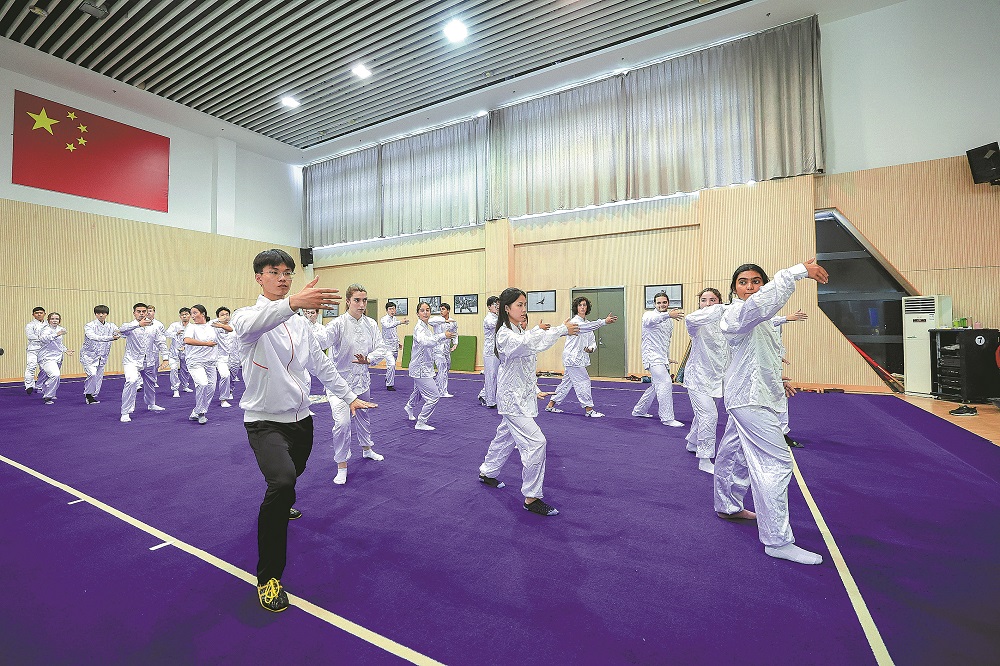Youth exchanges mooted for mutual understanding
Former Harvard school professor hails China's transformation over last 40 years


Editor's note: As the People's Republic of China celebrates the 75th anniversary of its founding this year, China Daily asked prominent international figures to reflect on their relationship with the country and to talk of the direction in which they see it going.
John Quelch's brush with China started in 1981 when he took a few hours from an Asian trip to visit the Sun Yat-sen Memorial Hall in Guangzhou, Guangdong province. Quelch, then a Harvard Business School professor, tried to send a postcard to his family in the United States, only to discover that many Chinese didn't understand what a "postcard" was.
"China was economically poor, with few cars on the road, and Chinese people were very friendly and curious to talk to us," said Quelch, recalling his initial impression of the country.
He served as a professor at the Harvard Business School for more than three decades, ending his tenure in 2017. This January, he came to Kunshan, Jiangsu province, as executive vice-chancellor of Duke Kunshan University, or DKU, keen to serve as a "bridge" linking Chinese and US education.
When he first visited China, people in the United States were beginning to take an interest in the country, largely due to former US president Richard Nixon's historic visit to China in 1972, which significantly heightened China's visibility and piqued US people's curiosity about the country. The arrival of two pandas in the US that same year further stimulated tourism in China, he noted.
Meanwhile, China's reform and opening-up policy, initiated in the late 1970s, enhanced economic ties and the relationship between the Chinese and US people, offering individuals like him more chances to engage with China in the subsequent years, he said.
Against this backdrop, the ties between Harvard Business School and China also grew stronger, and he often traveled to China to participate in discussions on economic and business matters during the 1980s and 1990s.
From 2011 to 2013, Quelch took a leave of absence from Harvard, serving as the dean of China Europe International Business School, or CEIBS, in Shanghai, to help elevate the business school founded in 1994 to a global level.
Quelch said that business and management principles are quite international, though some cultural adaptation is necessary, and government regulations vary from one country to another.
"It is quite easy to bring the Harvard Business School case study approach to the CEIBS classroom. And Chinese participants, mostly senior executives, want to engage in discussions with each other and share their experiences. They prefer professors to be more like the conductor of an orchestra, not the sole person delivering information or knowledge in a one-way fashion," he said.


















